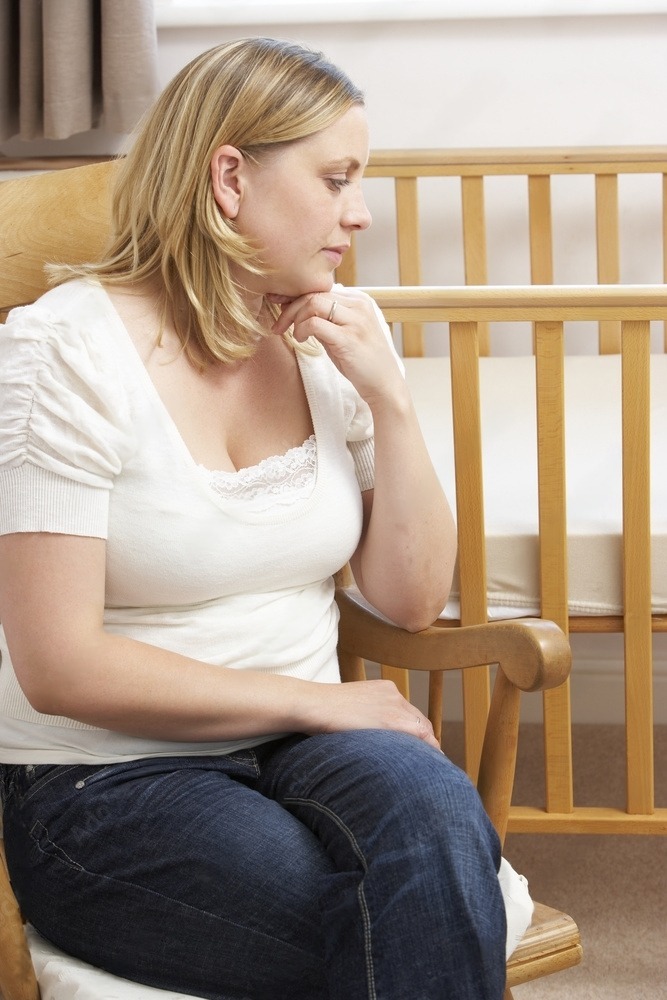References
Although pregnancy termination, or abortion, is a challenging and difficult decision for women to make, it is a widely used and secure medical practice in Australia, given that one in four women undergo this procedure (Taft & Watson, 2008). While the physical effects of pregnancy termination are well-documented, the impact on a woman's mental health is equally significant. Women who choose to terminate a pregnancy may experience a range of emotional and psychological responses, both in the short term and long term.
Studies have shown that women who have undergone pregnancy termination can experience a range of emotions, including sadness, guilt, and grief. These emotions are normal and can be part of the healing process, but they can also contribute to mental health problems if left untreated (Harris, 2004)
One of the most common mental health issues associated with pregnancy termination is depression. Women who have had an abortion are at a higher risk of developing depression than women who have not (Kulathilaka, Hanwella & de Silva, 2016). Depression can be caused by a range of factors, including hormonal changes, stress, and emotional trauma


Another mental health issue that can arise after pregnancy termination is anxiety. Women may feel anxious about the decision they made, or they may worry about the physical and emotional risks associated with the procedure. Anxiety can also be triggered by the stigma that still exists around abortion in some societies (Kulathilaka, Hanwella & de Silva, 2016).
Post-traumatic stress disorder (PTSD) is another mental health issue that can occur after pregnancy termination. Women who have had a traumatic experience during the procedure or who feel that they were not adequately supported may develop PTSD. Symptoms of PTSD can include flashbacks, nightmares, and feelings of detachment (Daugirdaitė, van den Akker & Purewal, 2015).
It is important to note that not all women who have undergone pregnancy termination will experience mental health problems. However, it is crucial that women who do experience mental health issues receive the support and care they need.
There are several ways that women can receive support after pregnancy termination. One option is to seek counselling from a mental health professional who has experience working with women who have had abortions. Counselling can provide a safe and supportive environment for women to discuss their emotions and work through any mental health issues they may be experiencing.
Another option is to join a support group for women who have had abortions. Support groups can provide a sense of community and allow women to connect with others who have had similar experiences. This can help women to feel less isolated and alone.
In conclusion, pregnancy termination can have a significant impact on women's mental health. While not all women will experience mental health problems after the procedure, it is important to be aware of the potential risks. Women who do experience mental health issues should seek support from a mental health professional or a support group to ensure that they receive the care they need to heal and move forward.
References
1.Harris, A. A. (2004). Supportive counseling before and after elective pregnancy termination. Journal of midwifery & women's health, 49(2), 105-112.
2.Taft, A. J., & Watson, L. F. (2008). Depression and termination of pregnancy (induced abortion) in a national cohort of young Australian women: the confounding effect of women's experience of violence. BMC Public Health, 8, 1-8.
3.Kulathilaka, S., Hanwella, R., & de Silva, V. A. (2016). Depressive disorder and grief following spontaneous abortion. BMC psychiatry, 16, 1-6.
4.Daugirdaitė, V., van den Akker, O., & Purewal, S. (2015). Posttraumatic stress and posttraumatic stress disorder after termination of pregnancy and reproductive loss: a systematic review. Journal of pregnancy, 2015.




